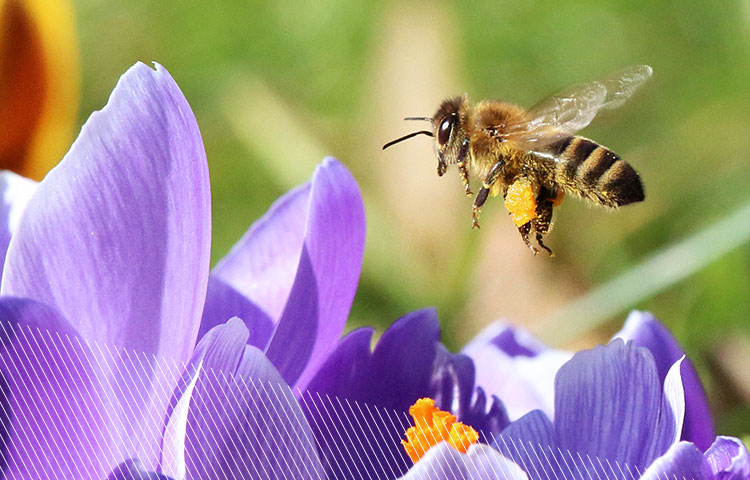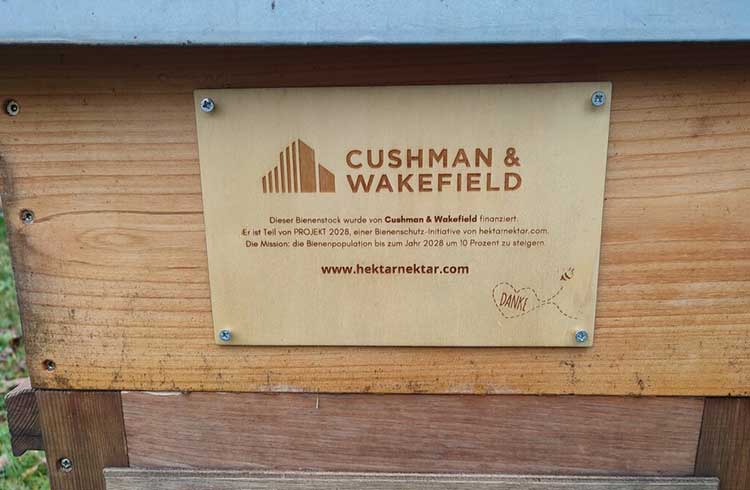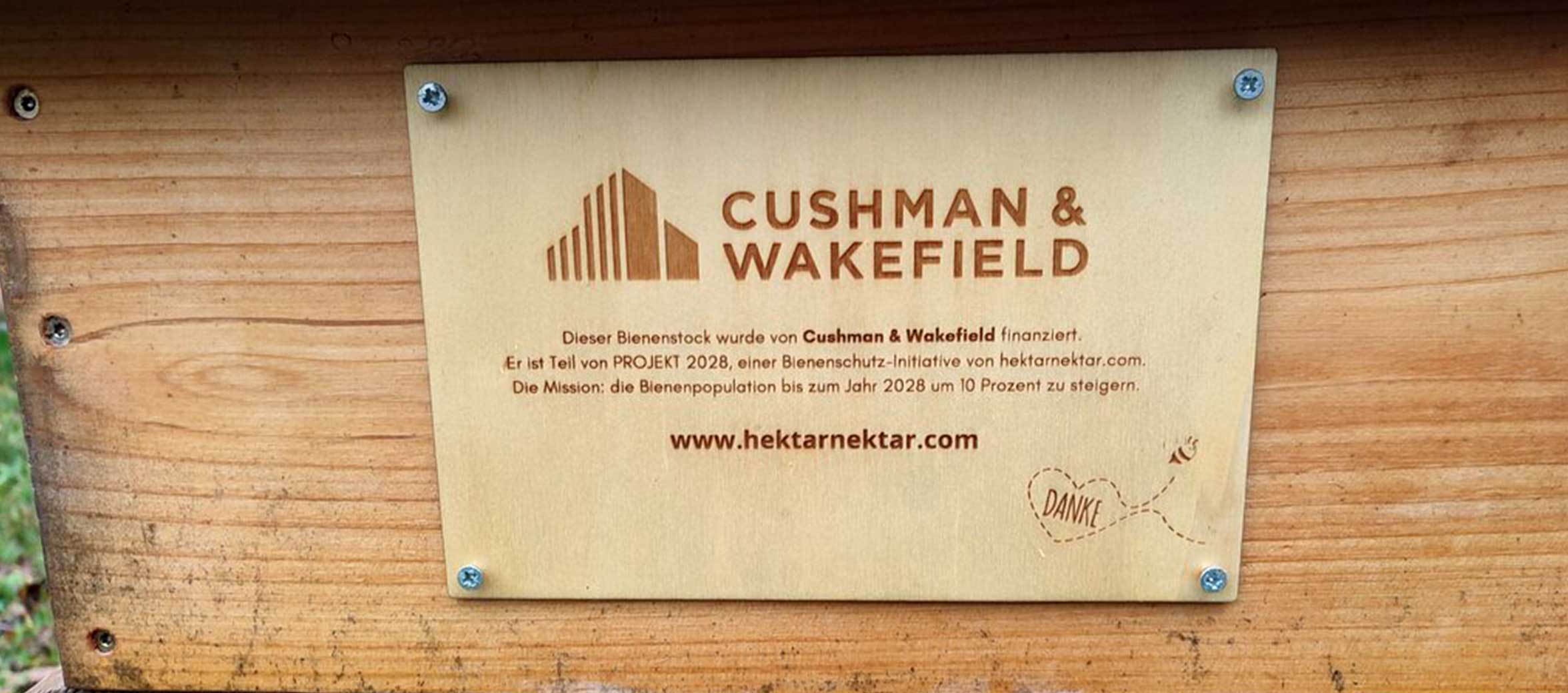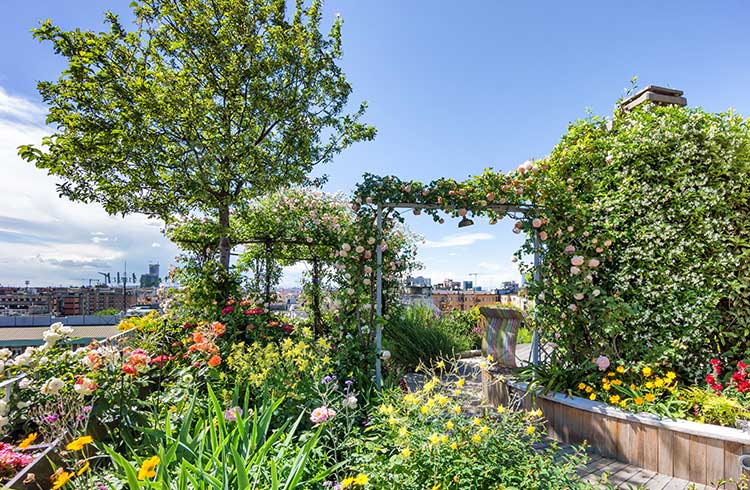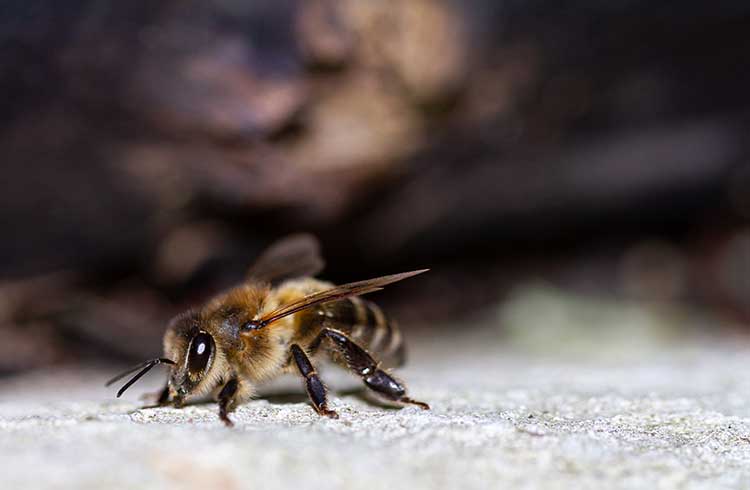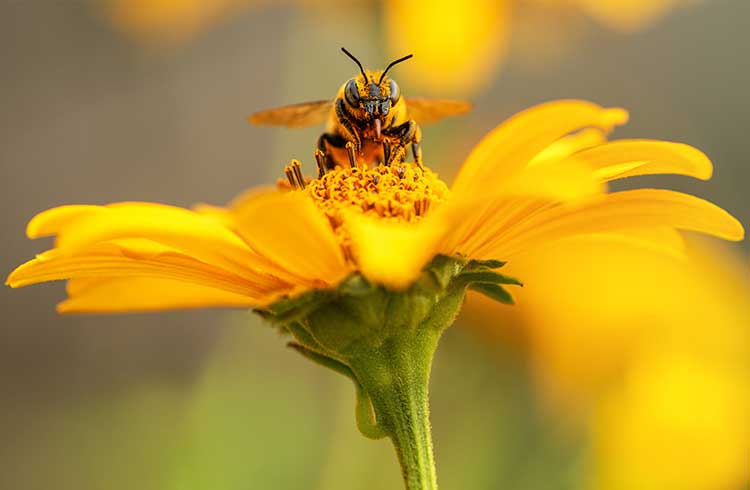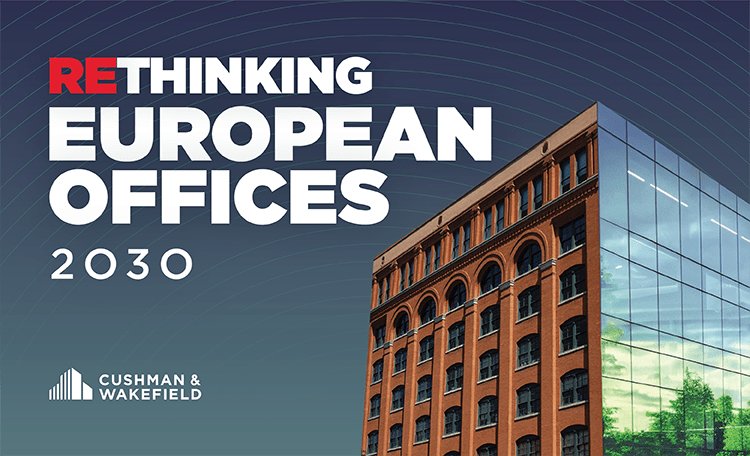Imagine: Finally, after a long, grey winter, you are relaxing on a park bench, the first rays of sun are warming your face and you see a meadow strewn with a sea of flowers; snowdrops, tulips, hyacinths and crocuses – the early bloomers. Bees are buzzing from one flower to another busily, as if they can't wait for the sweet nectar of the next bloom. A nice thought, isn't it? Are you already looking forward to spring?
As part of the 2028 project, the bee population is to be increased by 10 percent by then
For most of us, bees are often simply part of spring and summer. Not to mention a delicious honey roll for Sunday breakfast. But what we only perceive as nice-to-have is of essential importance to nature. Bees have always maintained the ecological balance. Around 80 percent of all crops and wild plants are pollinated by honeybees and wild bees," explains Miriam Walch, Chief Communications Officer at Hektar NektarExternal Link. "The global bee population has been declining continuously for decades. And to an alarming extent. 30 years ago, there were 75 percent more insects than today. For this reason, Hectares of Nectar together with Project 2028 has launched an initiative to protect the regional bee population and increase their number by ten percent by 2028."

